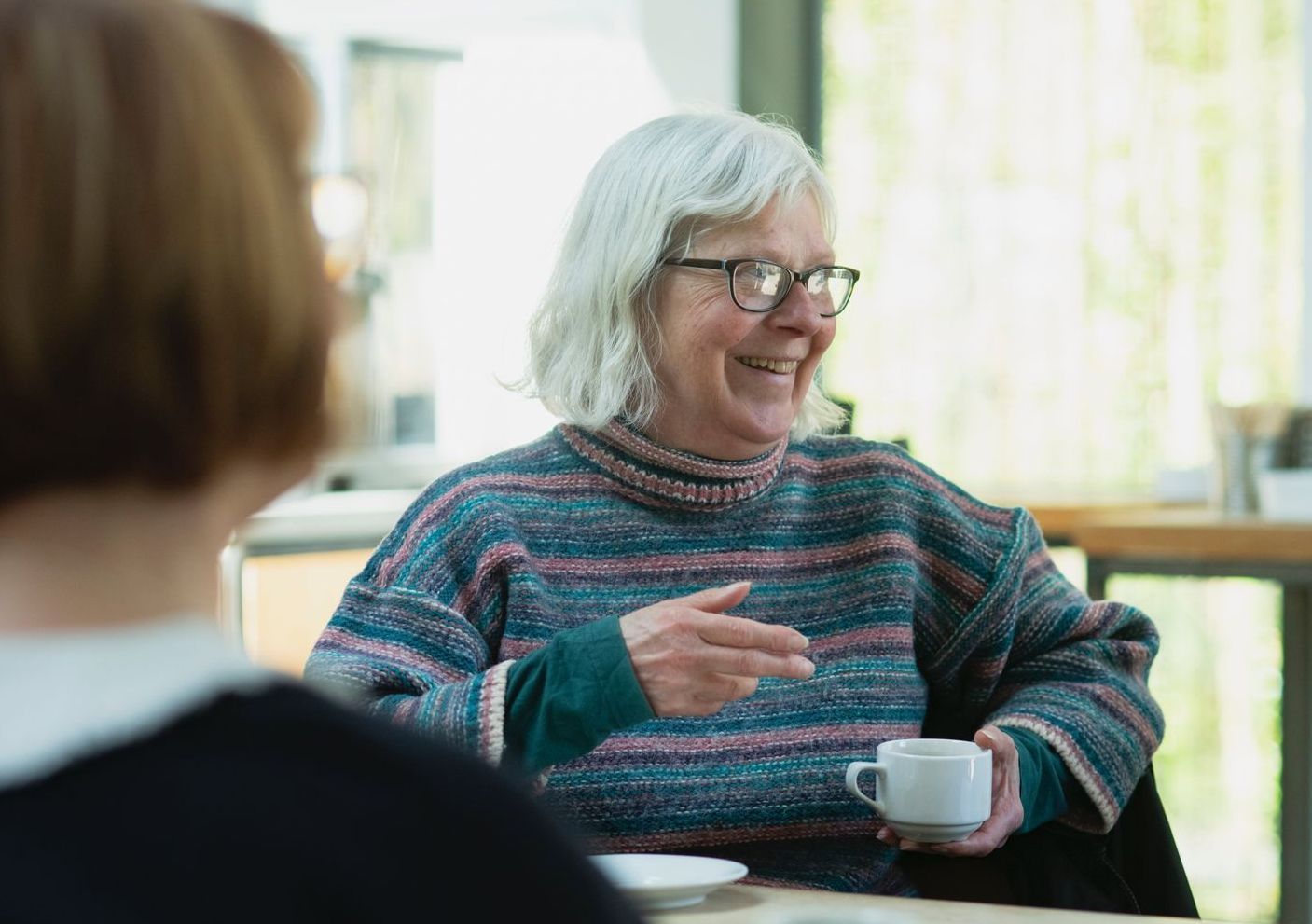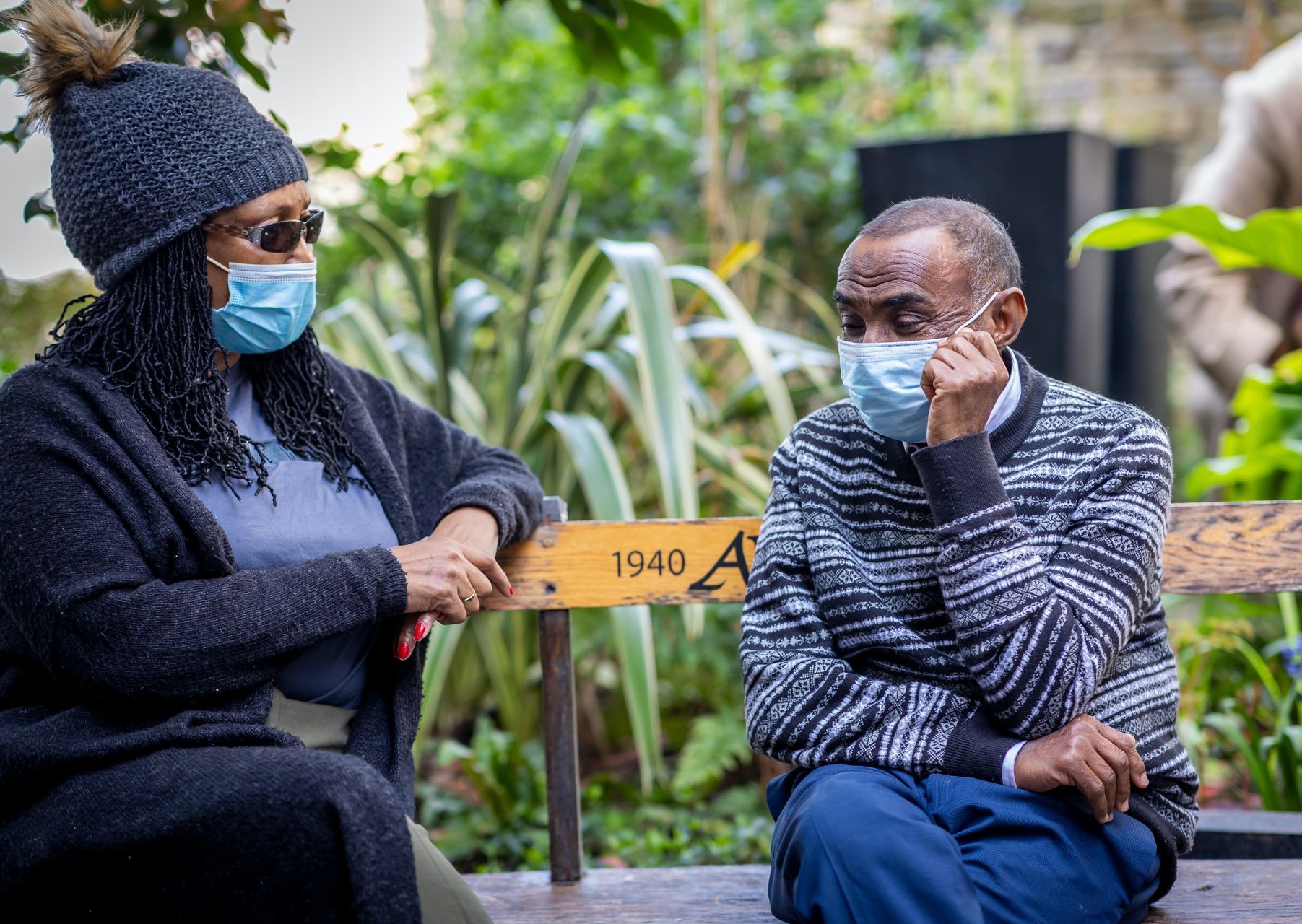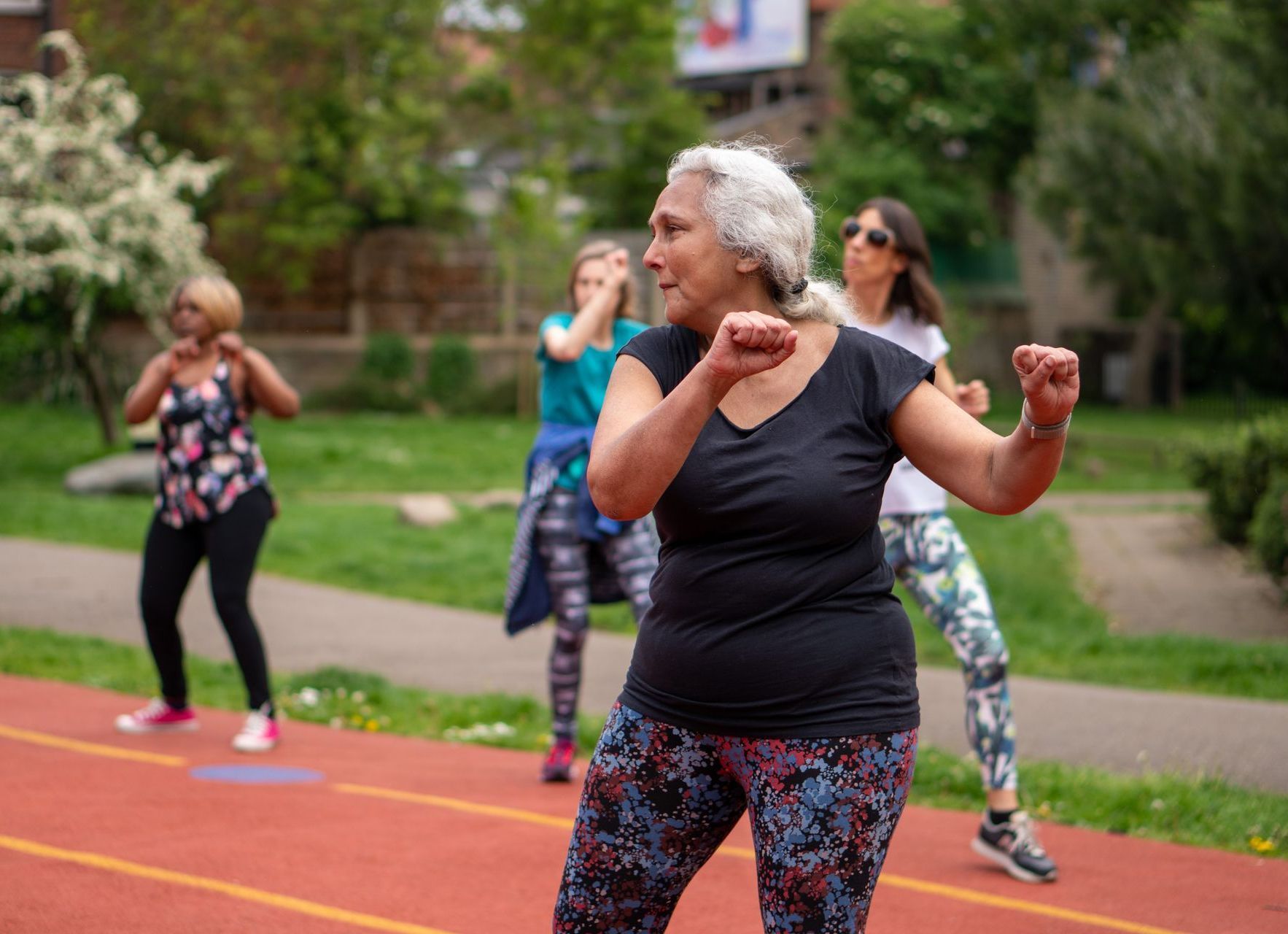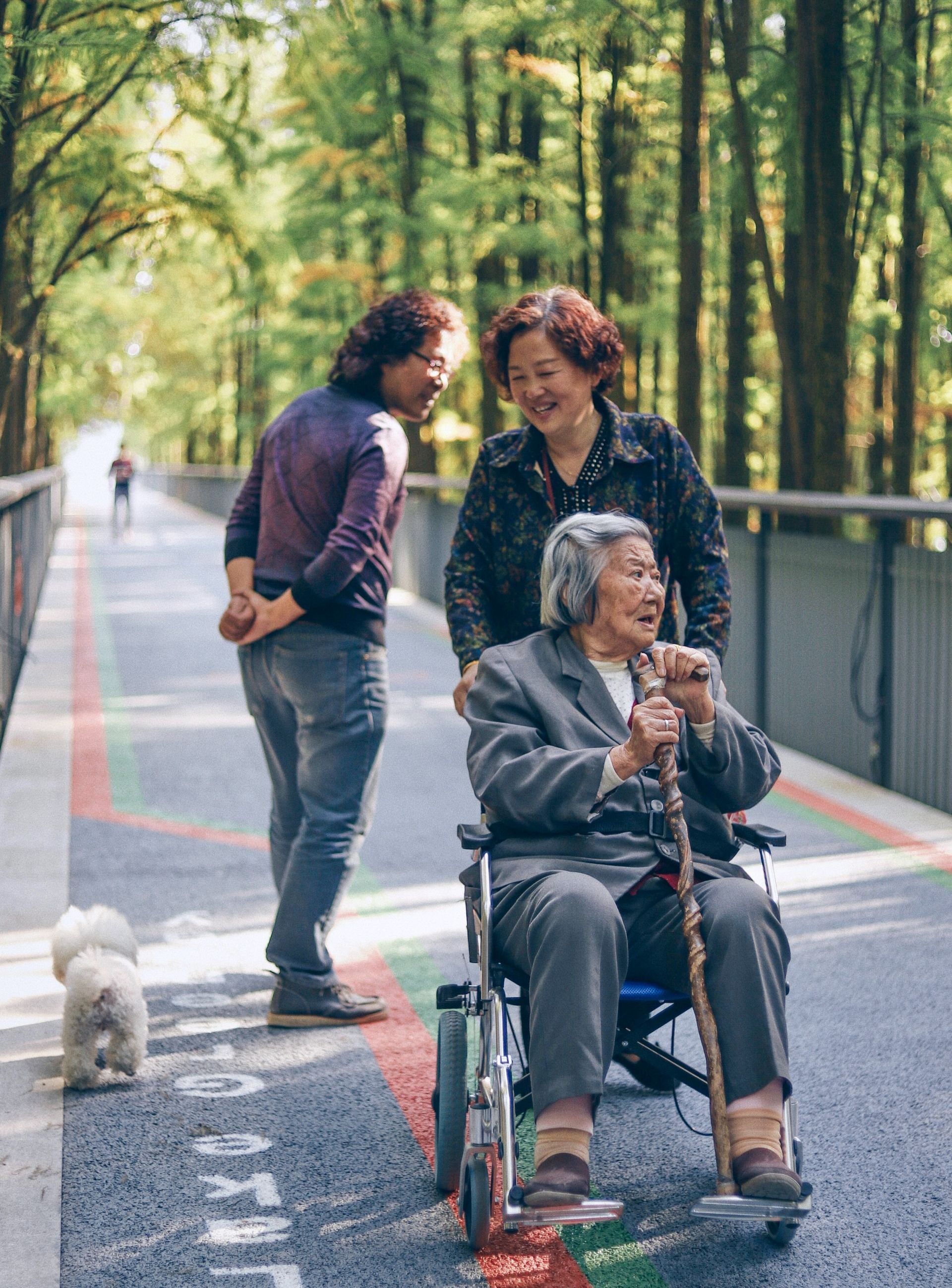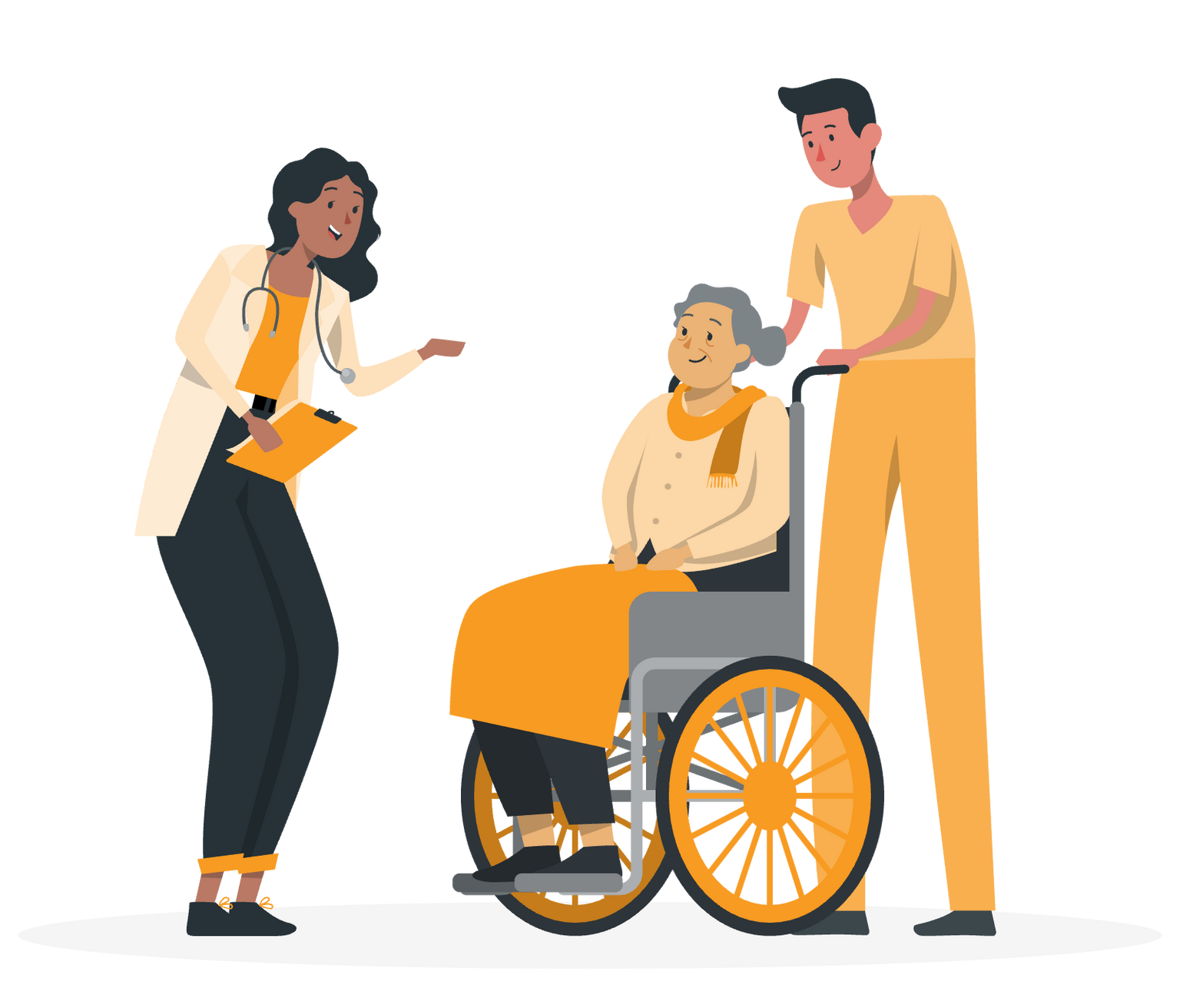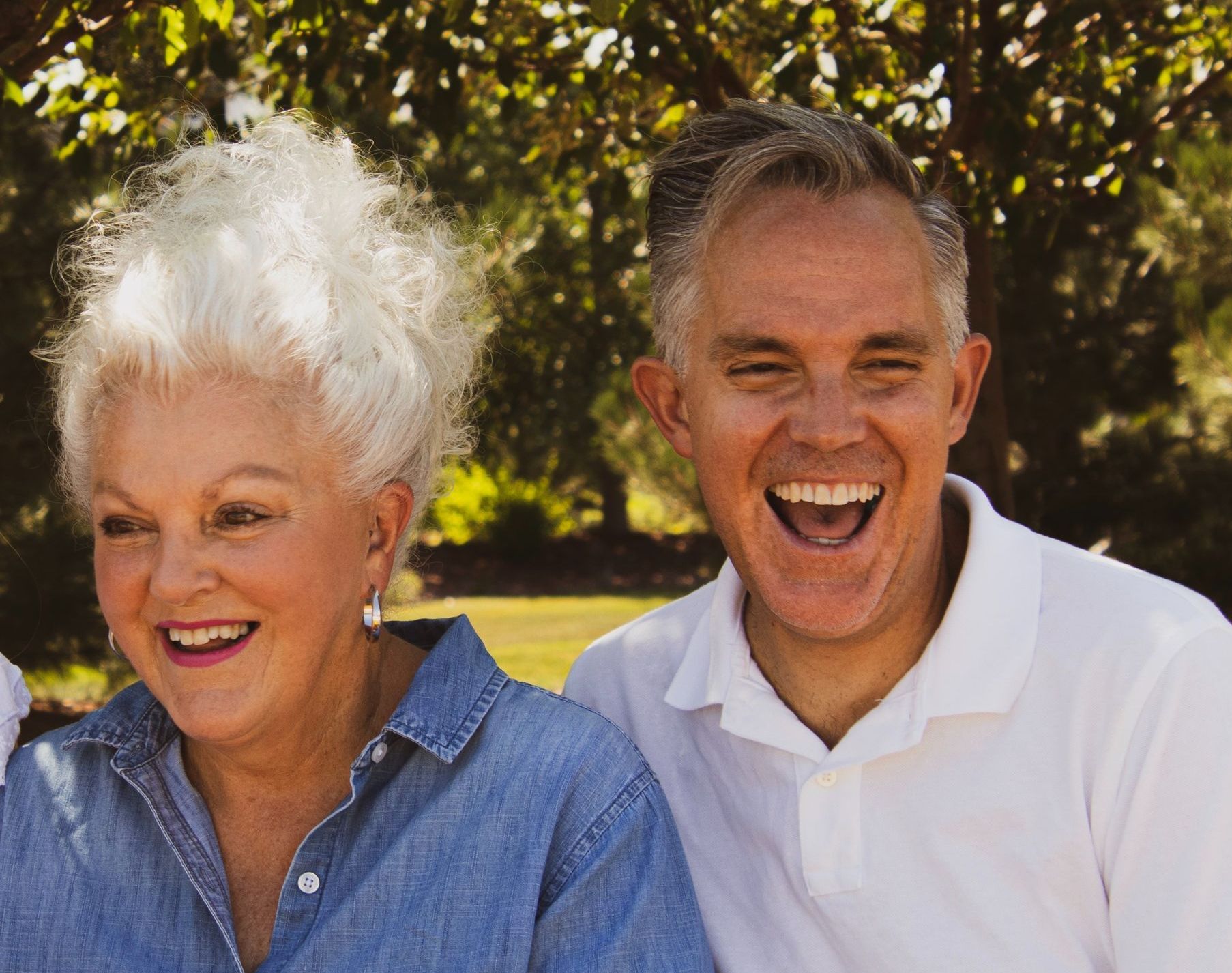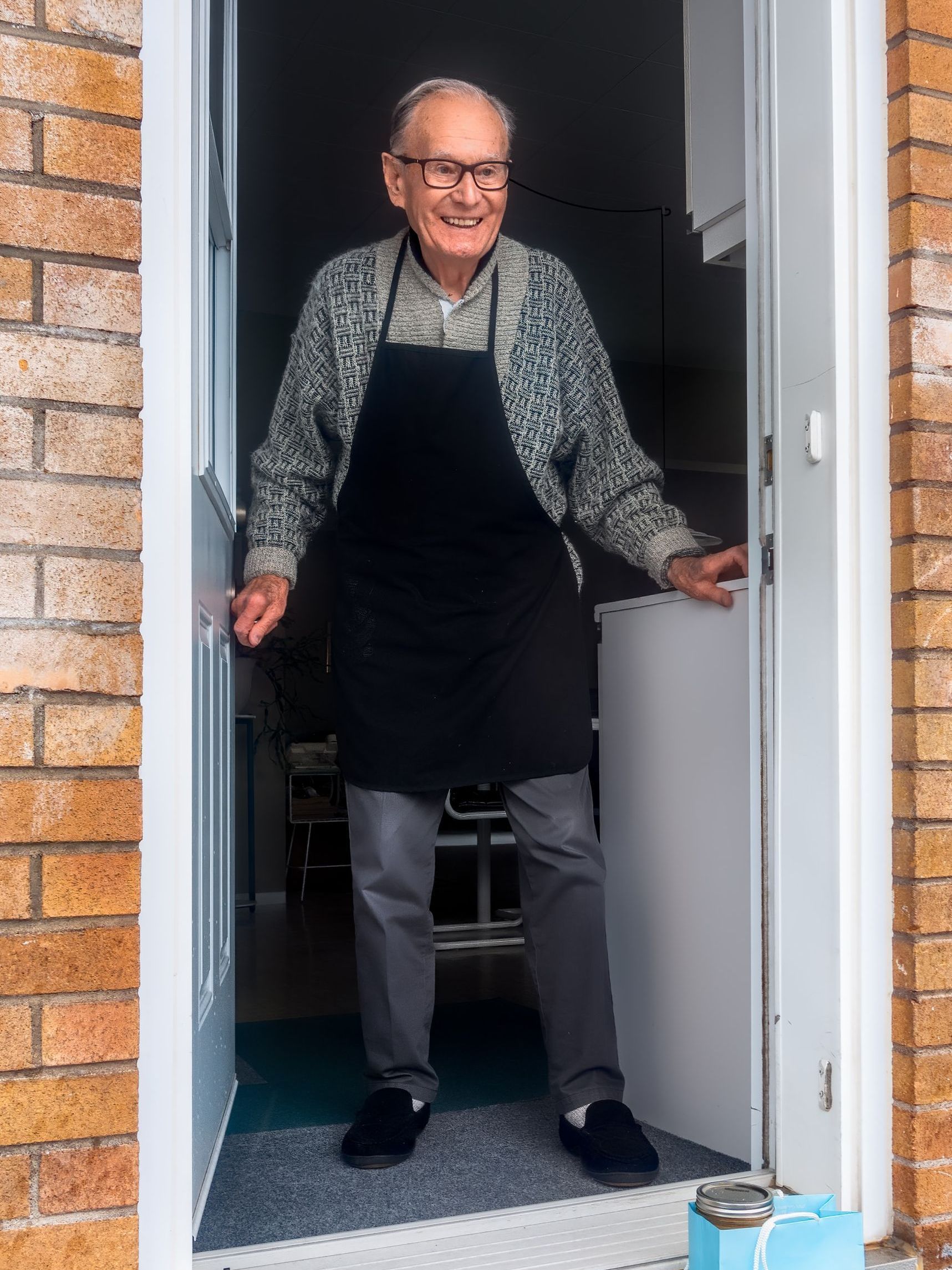Most people try not to think about nursing homes, that's why we think about them every day.
Legislative Advocacy
KABC staff and volunteers advocate with state policy makers for policies that will improve long-term care for older adults. Because everyone has the right to receive quality care.
Training & Resources
Learn how to identify safe, quality care for older adults. We provide essential resources to help you learn more about long-term care and how best to support your loved ones.
Guidance & Empowerment
Are you or a loved-one in need of a long-term care facility? We have Consumer Information Reports to help you make an informed decision. Our knowledgeable staff will talk with you one-on-one and provide you with the guidance you need.
- Governor Bennett- 1977
Inception and Advocacy (1966-1976)
In 1966, Anna "Petey" Cerf's encounter with a neglected nursing home resident inspired the creation of Kansans for Improvement of Nursing Homes (KINH). KINH officially launched in October 1975, prioritizing consumer voices over industry influence.
Committee on Monitoring and Legislative Impact (1976-1978)
In 1976, KINH's Committee found issues at 26 nursing homes, leading to incorporation as a 501(c)(3) on November 4. Momentum grew with the 1977 Consumer Conference, prompting Governor Bennett to take action, resulting in major Kansas nursing home legislation in 1978.
Evolution and Enduring Mission (1978-Present)
While our organization has evolved over the years, including our name to Kansas Advocates for Better Care (KABC) in 1996, our mission has remained unchanged, to advocate for the fundamental right to be treated with dignity, respect, and receive quality long-term care.






